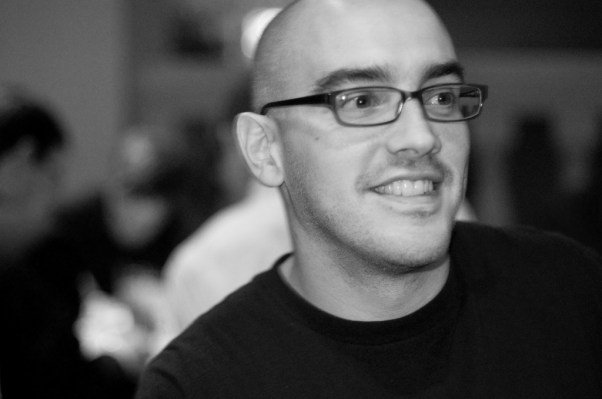Just days after the third fund of 500 Startups was officially closed with $85 million, the five-year-old Mountain View-based firm has kicked things into high(er) gear, officially setting out to raise its fourth fund with a target of $200 million. In what’s perhaps a more meaningful shift, the outfit is preparing to raise a growth fund for the first time, too.
It’s a lot for 500 Startups — already a hyper-global investing juggernaut — to take on right now. In addition to the three “main” funds that 500 Startups has now raised – predecessors to the firm’s newest $85 million fund include a $29 million debut fund and a second fund that closed with $44 million — 500 Startups also has a $3 million fund focused on Latin America; a $10 million fund focused on Southeast Asia; a Thailand-focused fund that’s still fundraising and has targeted $10 million; a Korea fund that has similarly targeted $10 million; and, newly, a Japan-focused fund that’s looking to raise $30 million. Oh, and lest we forget, it’s also raising a $10 million fund that it’s calling its Mobile Collective vehicle.
Of course, firm cofounder Dave McClure has never been one to shy from a challenge. Indeed, he called us from a working vacation in Tokyo over the weekend to share more.
TC: You’re about to begin officially raising a fourth global fund. Other than its size, how might this new fund differ from your earlier funds?
DM: It’s the same strategy. I hate to be boring, but we like what we’re doing. A lot of folks are chasing different sexy things like drones and virtual reality and the Internet of Things, and those are all great and we’ll do a bit of each of them, but e-commerce, marketplaces and SaaS is our bread and butter, and we don’t see those [sectors] dying down any time soon. Globally, in fact, they’re growing.
Regarding other details, half the capital will be used for initial investments, with the rest for follow on investments. And this fund will have a slightly longer time horizon. We’ve invested each of our main funds over the course of two years; we plan to invest this over three years.
TC: You’re already planning to reserve half a $200 million fund for follow-on investments, assuming you raise it. Why also start plotting a growth fund?
DM: We have a lot of companies doing well from our two first funds, and there are lots of follow-on investments that we’ve chosen not to make because they were outside our budget. We consider those missed opportunities. We think 5 to 7 percent of our investments will get to Series C rounds, or $100 million-plus in value, and we want [a bigger share] of those companies.
TC: Y Combinator is raising a growth fund and said recently that it plans to invest its pro rata in every deal of a certain size led by other institutional investors in order to minimize any signaling issues. Y Combinator and 500 Startups compete to some degree. Will you take a similar approach?
DM: I don’t know that I agree with that philosophy. We’re not worried that it’s a signaling issue [to participate in some companies’ later rounds] because there are much larger investors than us making decisions. If our opinion matters more than a company’s business fundamentals, that’s a problem.
We’re in the business to make money; we’re not in the business of [providing follow-on] funding [to] every company in our portfolio. There will be situations where we think a valuation isn’t on target or where we think we have enough ownership already, and we’re comfortable making our own decisions. We don’t have to blindly lead other investors.
